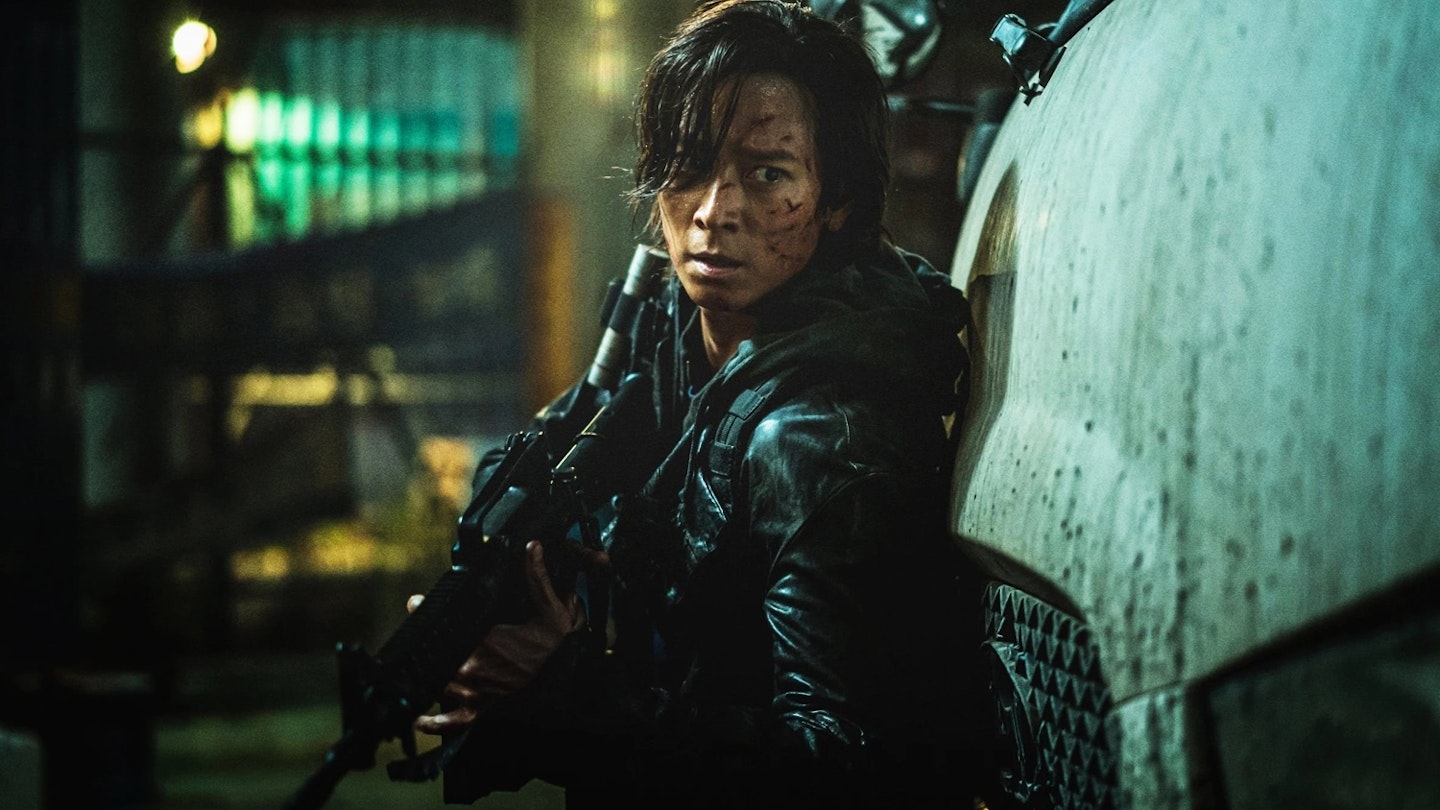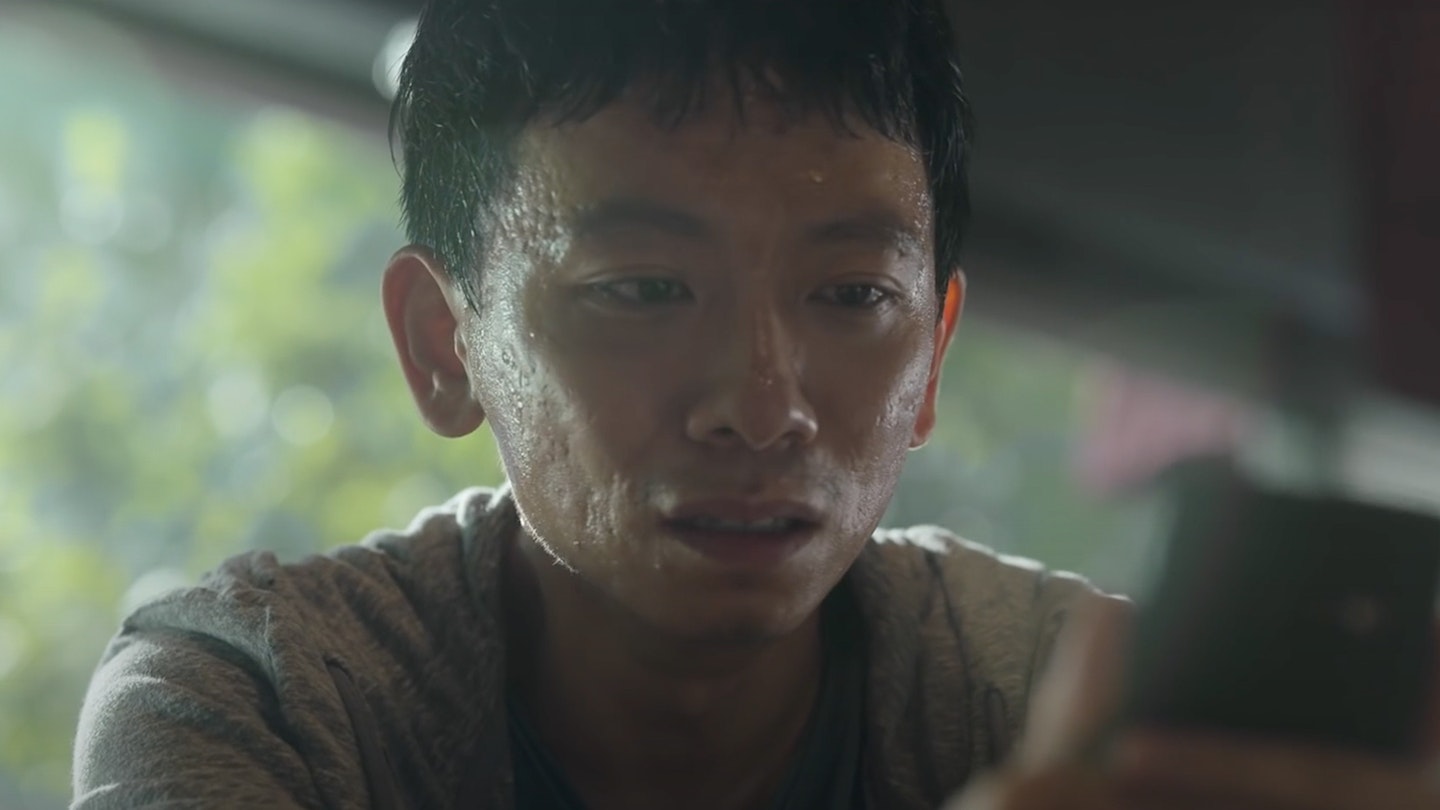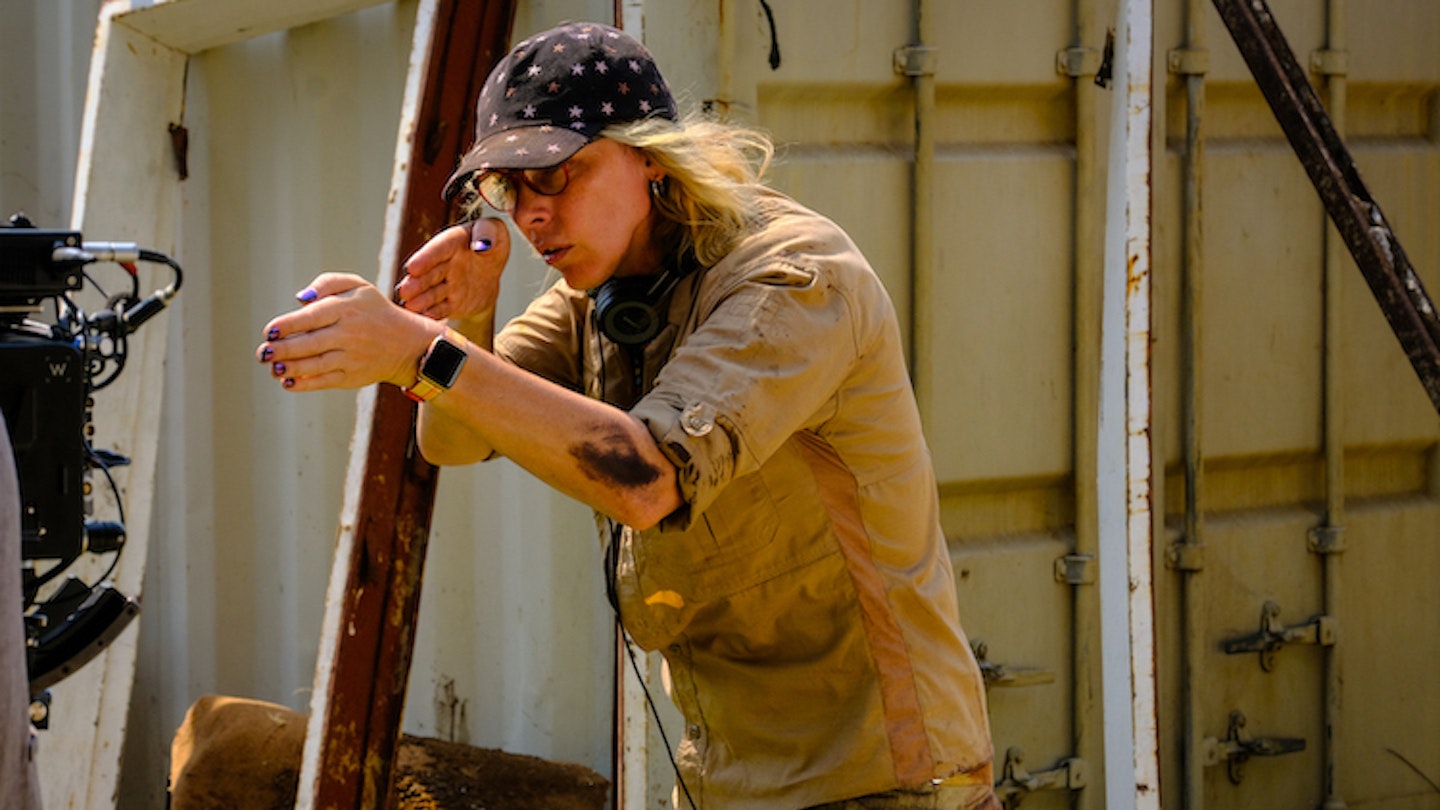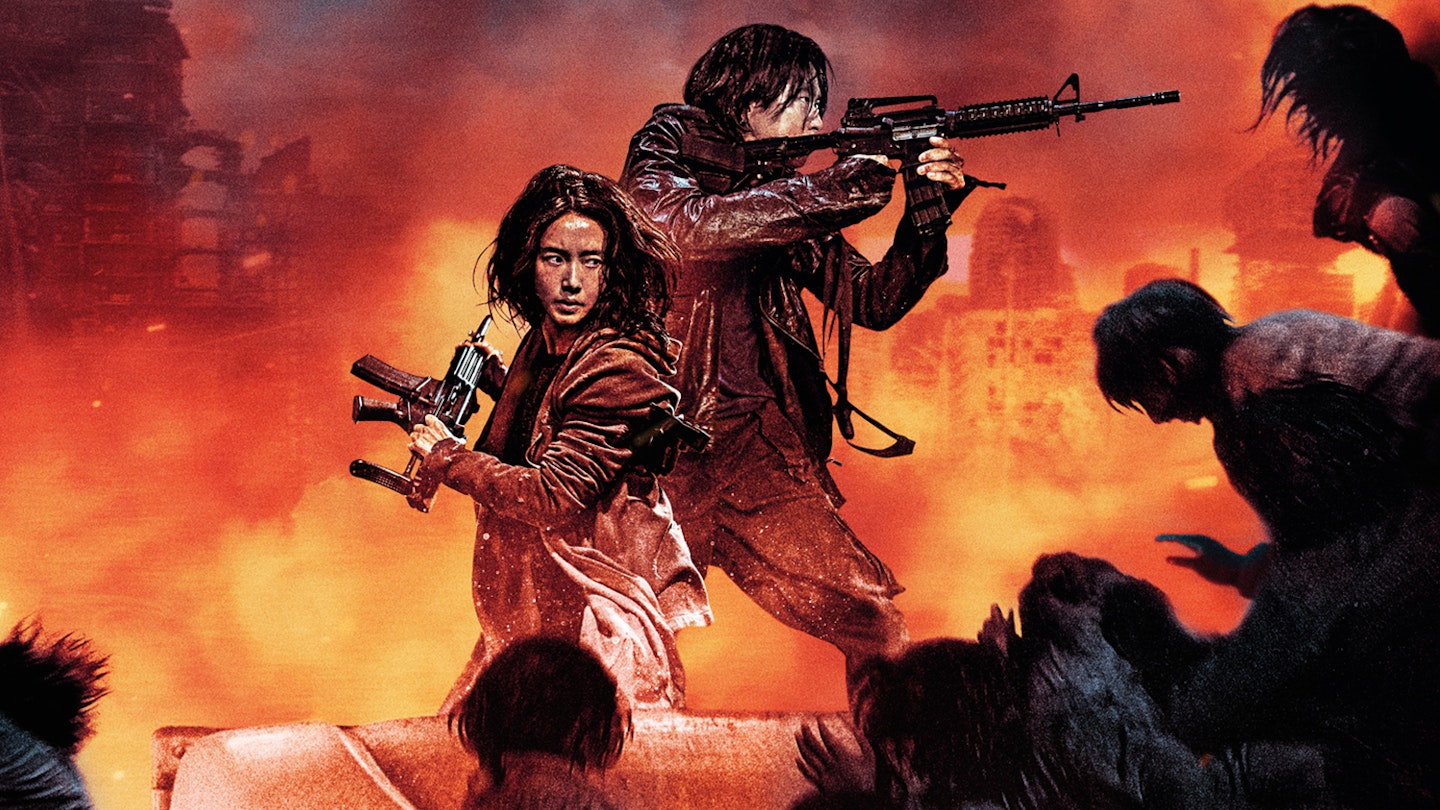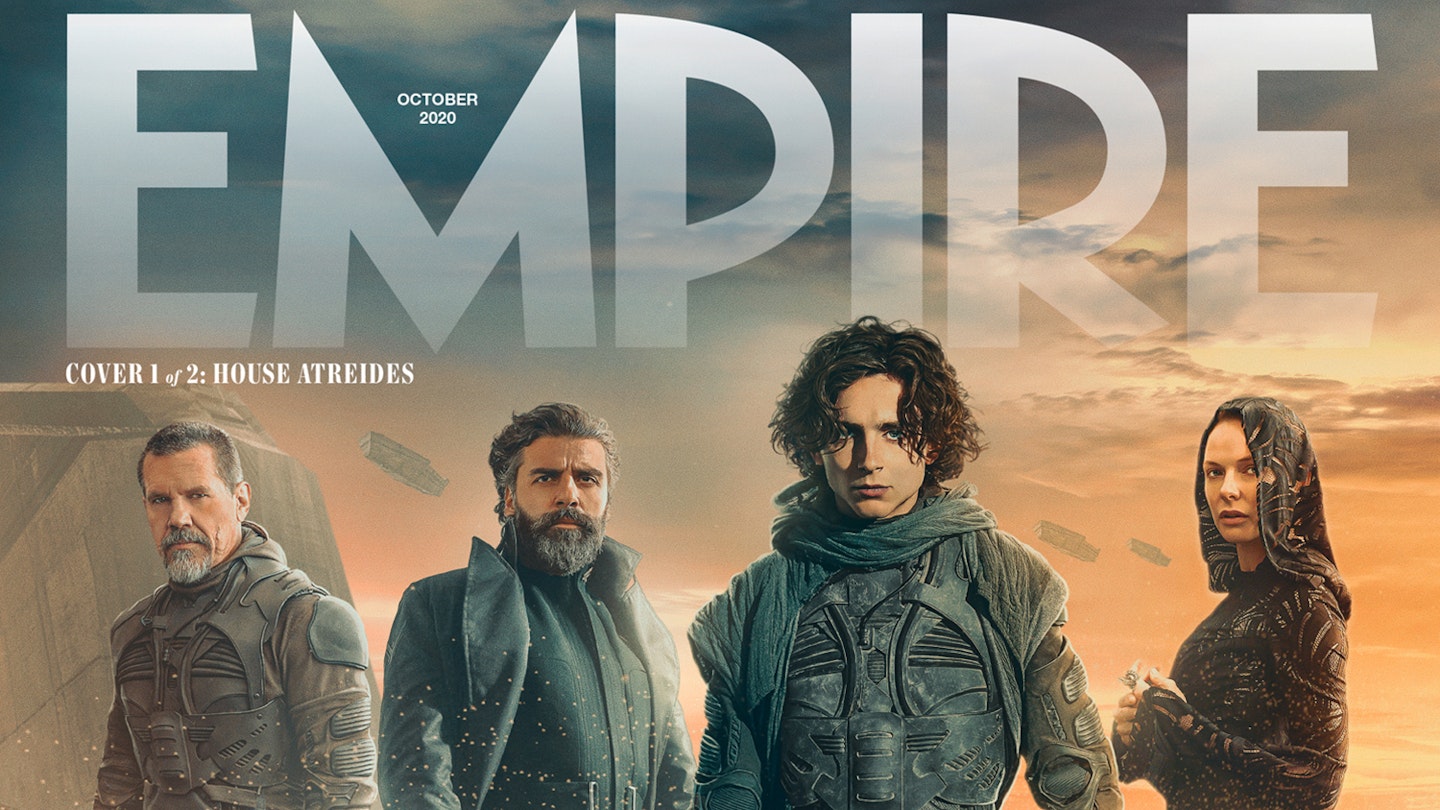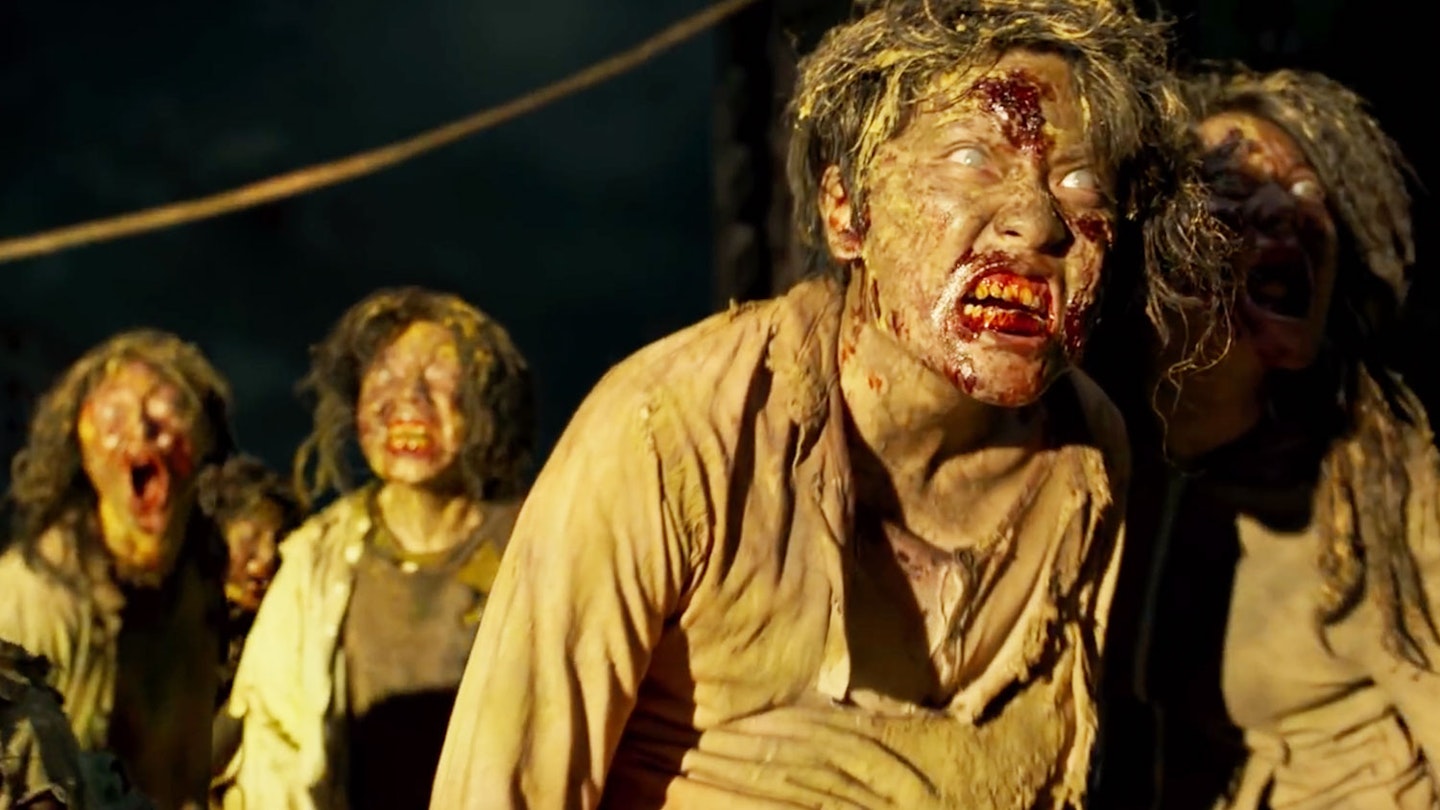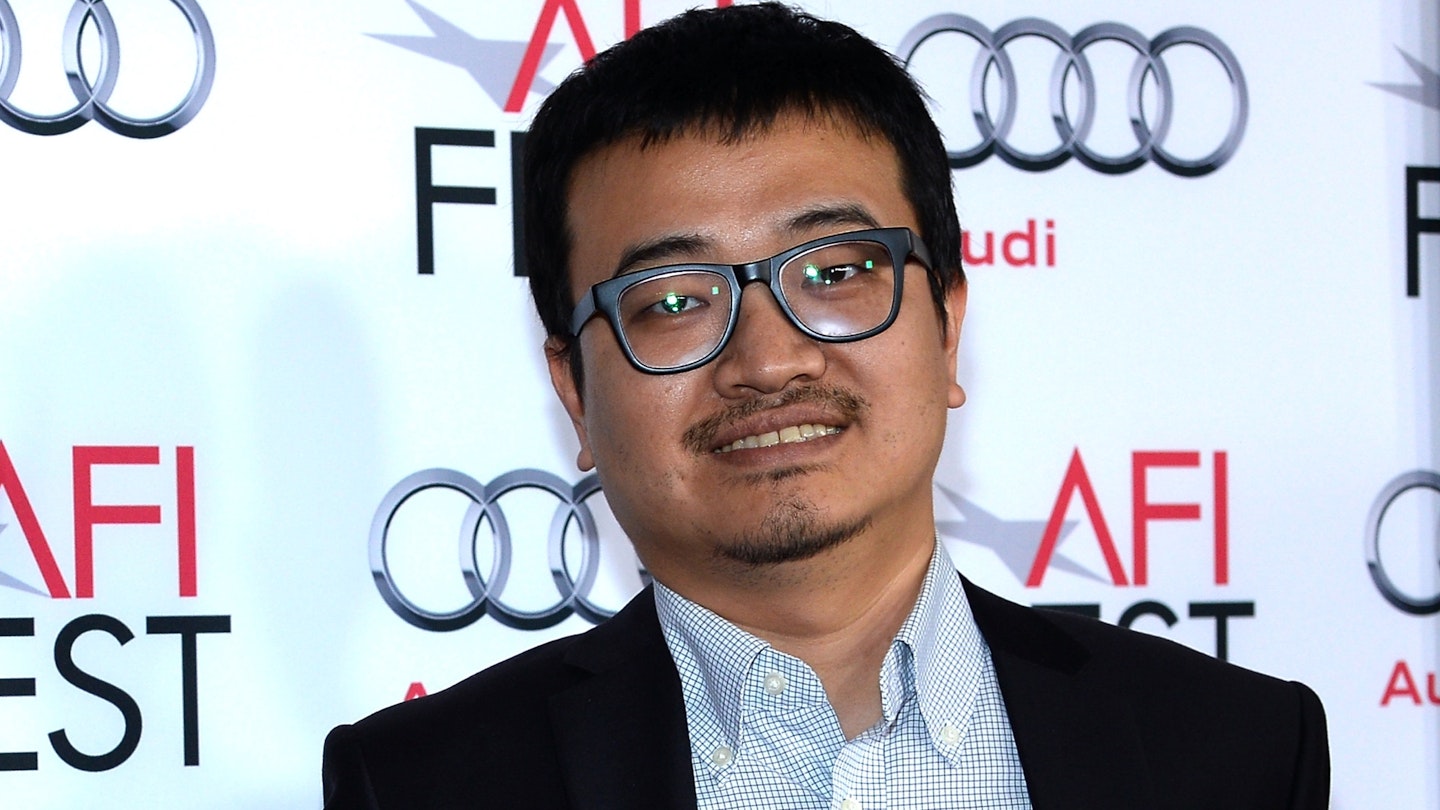Train To Busan was that rare thing: a zombie movie that somehow felt original, while staying true to the spirit of a much-bitten genre. It was precise, claustrophobic and contained, the camera rarely leaving the confines of a high-speed train from Seoul to Busan. It had characters you could really care about, going on journeys geographically, emotionally and apocalyptically; and in its undead, it managed to combine the innovations of the Dawn Of The Dead reboot (fast zombies!) with World War Z (swarming zombies!) plus a sprinkle of its own special recipe (limb-contorting yoga zombies!).
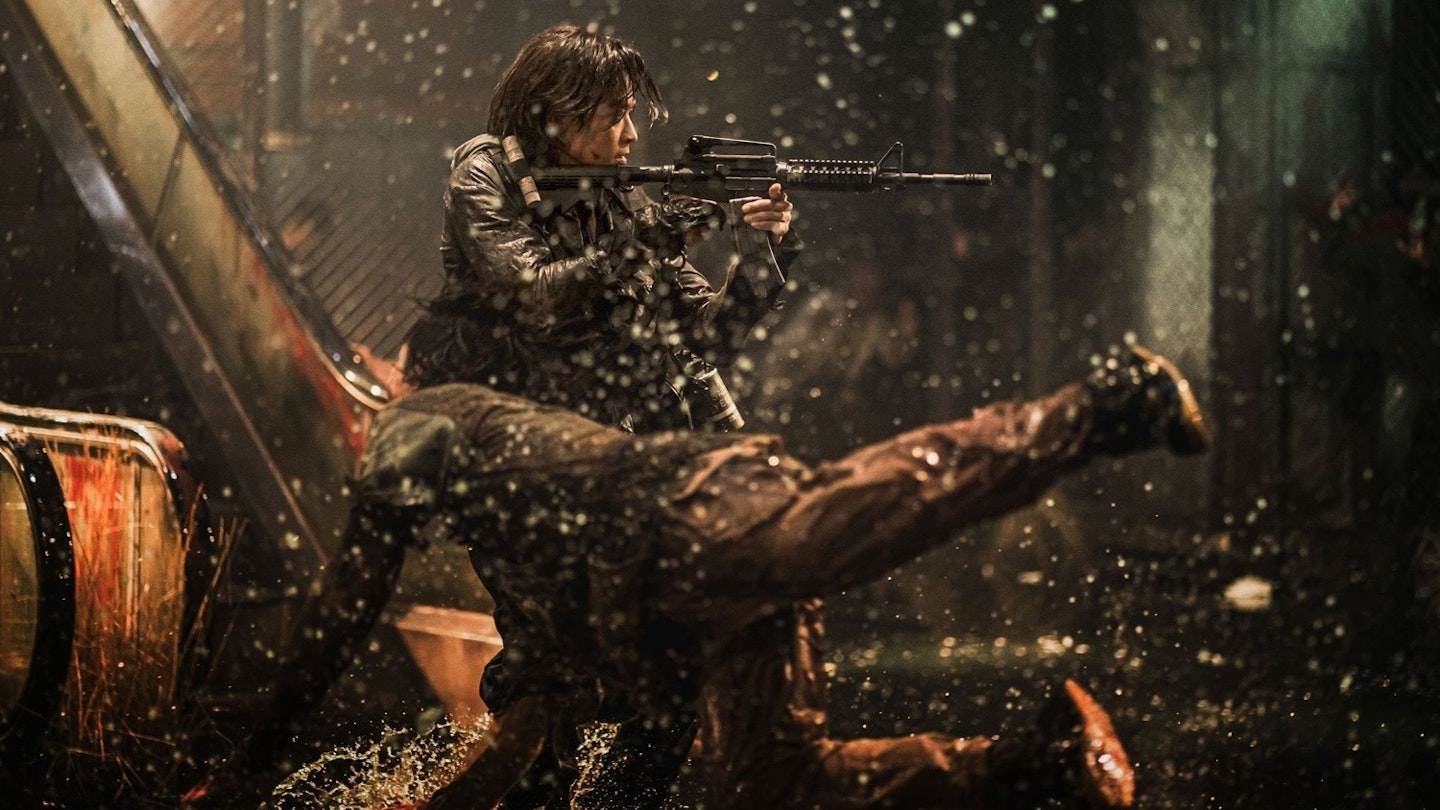
This sequel, set eight years later, comes, then, with a certain amount of hype. But this is quite a different beast: if Busan was the ‘outbreak’ movie, this is the ‘apocalypse’ movie, dealing with the aftermath of a deadly plague; as a comically staged prologue explains, South Korea has become a failed state, overrun by zombies and cut off from the rest of the world. With few surviving the first film, the only returning character, really, is the train station.
The zombies, when they come, are still a twisted pleasure to watch, writhing and unpredictable.
So, we’re introduced to a new gang: Captain Jung-seok (Gang Dong-won) is a kind of Korean Snake Plissken, sent on an Escape From New York-esque mission behind quarantine lines to retrieve a big cash bounty. There he encounters the hardened survivors left behind, including the friendly Min Jung (Lee Jung-hyun) and the decidedly less chummy Sergeant Hwang (Kim Min-jae). As with The Walking Dead’s later seasons, it’s the humans who are more pressing concerns than the zombies now.
Where the first film was a compact pressure-cooker, this is a far-reaching melting pot of ideas and approaches, and not all of them work. Political themes are flirted with, for example, in designating North Korea as a ‘safe zone’, but barely explored. Themes of family duty and honour feel cheesy in the wrong way, especially with the kind of slow-mo ending that would make Garth Marenghi blush.
Still, it definitely has its moments. The zombies, when they come, are still a twisted pleasure to watch, writhing and unpredictable, and returning director Yeon Sang-ho still has a great eye for set-pieces. A sequence with a remote-control car to distract the horde is inspired, as is a death match with a zombie ‘rat king’. (Though hardly the first time the idea has come up — The Last Of Us Part II had a better multi-limbed monster.)
The energy rarely dips either, with a frantic car-chase sequence that feels more Fast & Furious than your usual reanimated shuffler — even if the overreliance on CGI over practical stunts occasionally lends it a more video-gamey feel.
